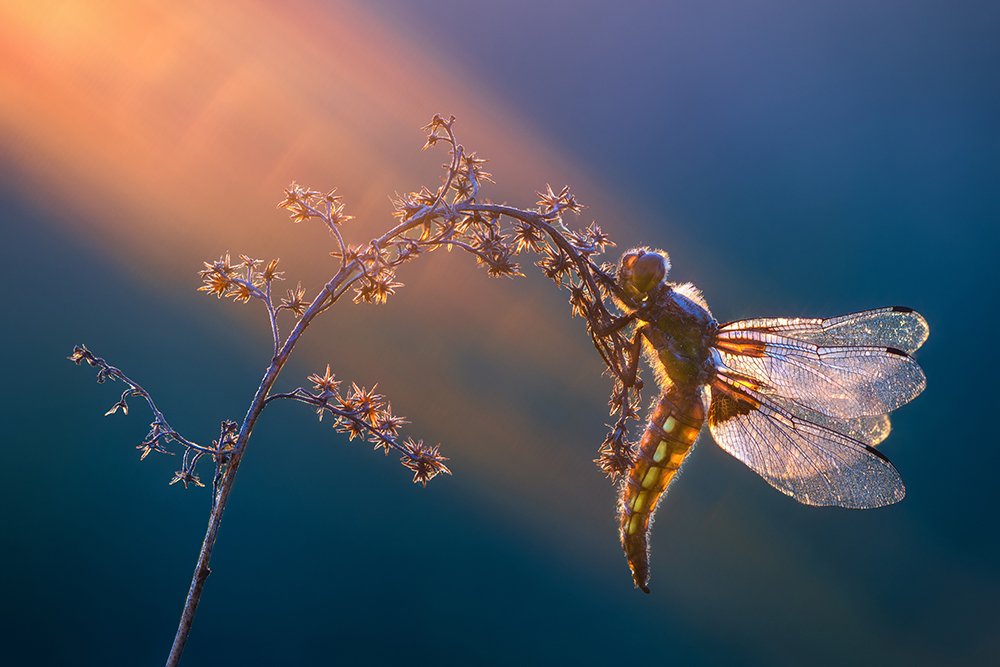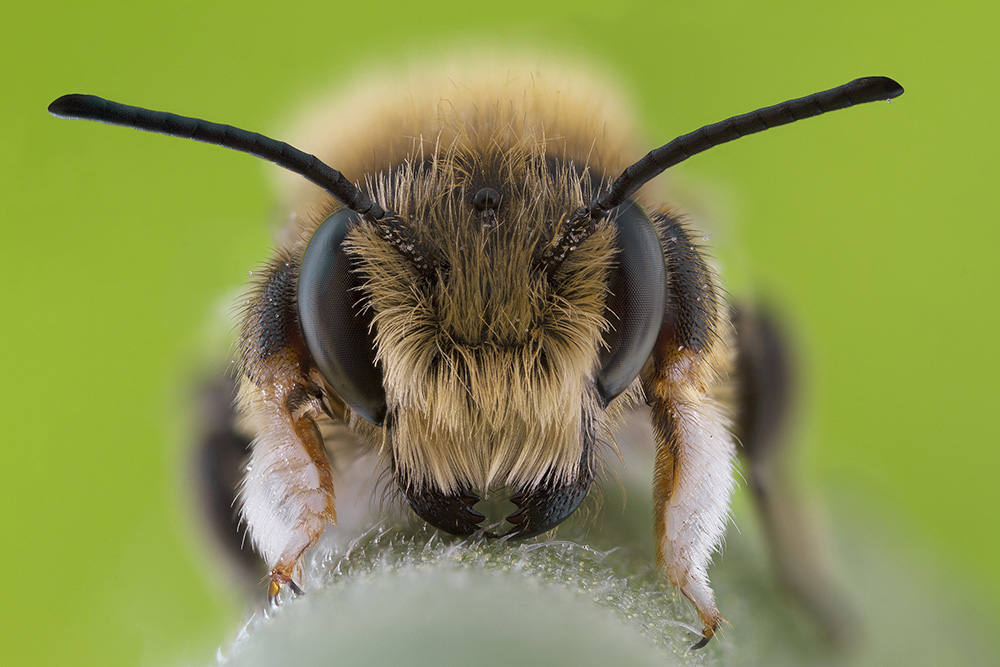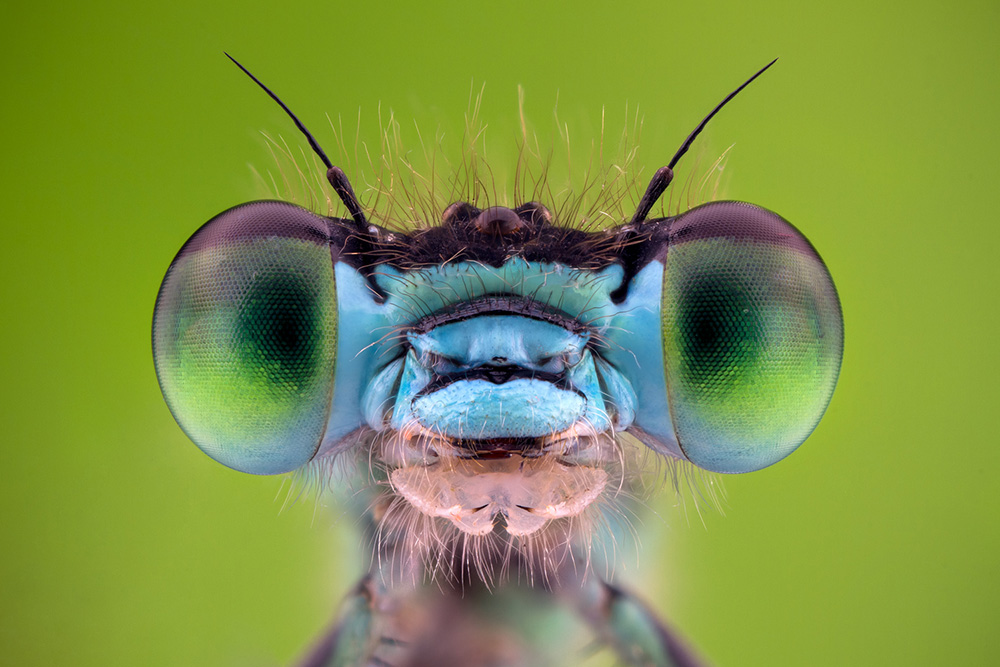Honey bees: we all know that without them sticking their noses into plants and spreading the love/pollen, humanity would cease to exist. But they’re not just promiscuous pollinators; scientists recently discovered that they are also busy little mathematical whizzes, for not only do they have some facility with numbers – possessing the ability to count landmarks as they forage – they also have a rudimentary understanding of numbers including the concept of zero. Only relatively recently grasped by humans (the earliest evidence probably dating to Babylonians), the idea of ‘zero’ is understood by primates, dolphins, birds and humans beyond nursery age. And, we now know, bees.
Insects are a mighty, complex universe of wonders, one in which entomologists are immersed and the rest of us swat, squish and squirm our way through during summer’s peak picnic-bothering bug season, oblivious to the amazing alien life around us. There are 27,000 species of insects in Britain, among many millions on Earth. Beetles, flies, bees, ants, bugs, butterflies, moths, mayflies, dragonflies, grasshoppers; from imposing stag beetles to tiny wasps, each has an important role to play in the ecosystem, in which we humans are merely one species playing our part, for good and ill.
A bug’s life
What is an insect? Conservation charity Buglife (“Saving the small things that run the planet”) defines them as an arthropod – that is, an animal with a segmented body and external skeleton – with six legs. They can be apterygota (without wings) or pterygota (with wings), and have a basic life-cycle of egg, larva and adult, with adaptable lifestyles at different stages which allow them to exploit food resources.
But the chance to discover the joy of insects is slipping from our grasp. In June, a report by The Mammal Society stated that development of buildings and roads, intensive farming and invasive species mean that at least one in five wild mammals in Britain faces a high risk of extinction within a decade, including the Scottish wildcat, mouse-eared bats and water voles. Ahead of the report, nature-lover and Springwatch presenter Chris Packham warned of a “national catastrophe” as our “green unpleasant land” becomes increasingly barren. As greenbelt and brownfield are gobbled up by urban sprawl, and agriculture increasingly changes, taking place on industrialised scales, species of flora and fauna – and clever bugs – are disappearing at an unprecedented rate. Alongside changes in plant diversity, the warming climate has also played a role.

A recent study published on the open-access journal PLOS ONE, conducted across the UK, Netherlands and Germany, found that insect biomass – the volume of insects measured by weight – recorded on nature reserves between 1989 and 2016 declined by 76 per cent from March to October, and by a horrifying 82 per cent in midsummer, when insects should be at their peak.
You can be very sure if you lose three quarters of the insect biomass, a significant portion of animals higher up in food chain – birds, bats and amphibians – will be affected
Thirty-five of the UK’s bee species are facing extinction, while 71 per cent of British butterfly species are in decline and 66 per cent of larger moth species have seen their numbers fall in the last 35 years, according to Buglife. And when insects disappear, birds and other creatures that rely on eating them also vanish. “You can be very sure if you lose three quarters of the insect biomass, a significant portion of animals higher up in food chain – birds, bats and amphibians – will be affected,” says Caspar Hallmann, of the Radboud University, Netherlands, lead author of the study which identified the dizzying decline of insects. “There are bound to be consequences.”










